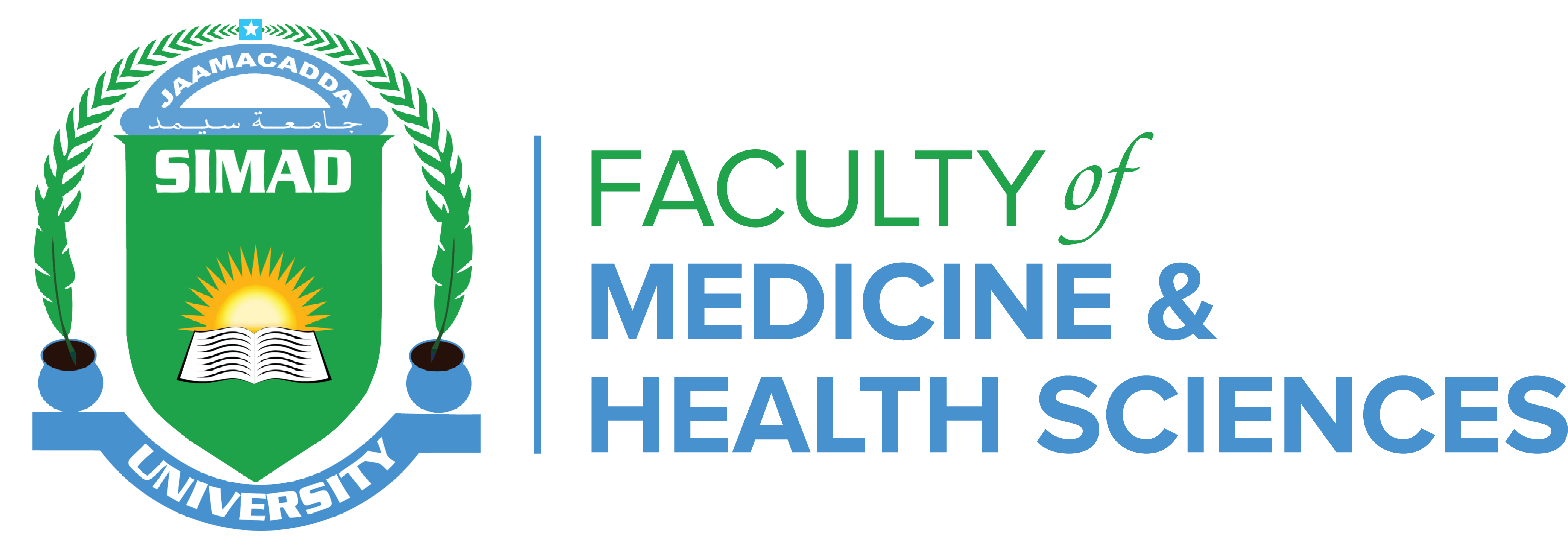Microbiology and Laboratory Science
This program equips students with in-depth knowledge of microorganisms and modern
laboratory technologies. With a strong emphasis on infectious diseases, immunology, and
molecular diagnostics, graduates are well-prepared for roles in clinical laboratories, research
institutions, and public health sectors.
- Completion of secondary school with a minimum overall average of 50%
- Should bring the original and a copy of secondary school certificate
- Should bring Six (6) passport size photos with white background
- Should bring the original copy of a letter of good conduct issued by your secondary school
- Should bring a sponsorship letter from your guardian
- Should successfully pass an admission interview and/or test
- Pay non-refundable Processing and ID card fees of USD $50 (bank draft)
Year 1
Semester 1:
Arabic Language I
Study Skills
General Chemistry
Cell Biology
Fundamentals of Medical Laboratory Science
Fundamentals of Computing
Semester 2:
Anatomy & Physiology I
Organic Chemistry
Phlebotomy
Computer Application Technology
Islamic Studies I
Year 2
Semester 1:
Anatomy & Physiology II
Microbiology I
Hematology
Medical Parasitology
Biostatistics
Semester 2:
Microbiology II
Clinical Chemistry I
Immunology
Medical Mycology
Clinical Microbiology
Year 3
Semester 1:
Clinical Chemistry II
Medical Virology
Molecular Biology
Medical Bacteriology
Clinical Immunology
Semester 2:
Clinical Microbiology Techniques
Advanced Clinical Chemistry
Advanced Molecular Biology
Medical Laboratory Management
Research Methodology
Year 4
Semester 1:
Medical Laboratory Quality Control
Advanced Medical Microbiology
Clinical Laboratory Instrumentation
Laboratory Safety and Ethics
Public Health Microbiology
Semester 2:
Medical Laboratory Internship
Research Project
Seminar in Medical Laboratory Sciences
Professional Development in Laboratory Sciences
5 years
Fees($): $400.00
Charges($): $70.00
Total($): $470.00
STUDENTS FEES PAYMENT POLICY
This policy applies to all students, these include: part-time and full-time for both undergraduate and postgraduate and any other person enrolled as a student at the University:
- Option one: At the beginning of the semester, all semester fees can be paid in full.
- Option two: At the beginning of the semester, students should pay 30% of semester fees before he/she registers for the class. In the second installment, 40% of the semester fees should be paid before the midterm exam. The remaining 30% of the semester fees should be paid before the final exam.
- After payments of second and third installments, students are eligible to get their clearance cards for midterm and final exams.
- Fees Collector officer will be responsible to check fees default when he/she gets a report from the head of the cash unit.
- SU will not refund any fees paid unless the student has no remaining semester.
- Students and sponsors who unintentionally or intentionally deposit fees will not be refunded but will be forwarded to the next semesters.
- Upon graduation period, all extra fees balance should be refunded to the students.
- Any student who temporarily or permanently breaks his/her study can request an extra fee refund.
- Head of Cash Unit should check the activities of the sponsors.
Bank Accounts
Premier Bank: 20300001001
Dahabshiil: 1822
Salam Bank: 30027598
Idman Community Bank: 7401005
IBS Bank: 1820
The SU academic year consists of 42 weeks split into two semesters of 18 weeks each, the first beginning in August.
- Clinical Laboratory Scientist: Analyze patient samples in hospital
laboratories to detect infections and disease markers. - Public Health Laboratory Officer: Contribute to national disease
surveillance and outbreak investigation. - Infectious Disease Researcher: Work in laboratories conducting pathogen
research and antimicrobial resistance studies. - Quality Control/Assurance Officer: Ensure product safety and standards in
pharmaceutical, food, and water testing labs.
